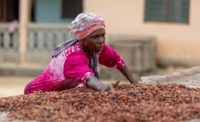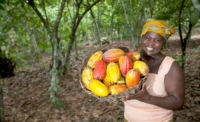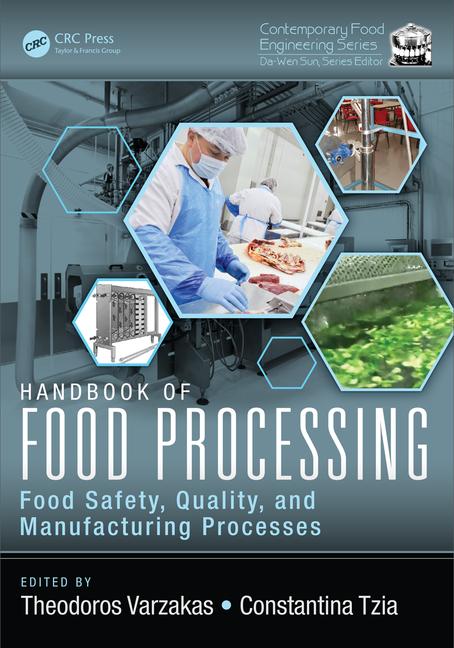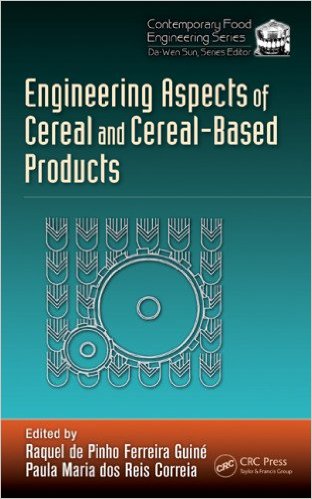As part of its Cocoa Promise program, four cocoa producers in Bahia have recently been audited and, by partnering with Cargill Cocoa and Chocolate, have become

|
the first to produce UTZ Certified cocoa in Brazil. An additional 12 cocoa farms are scheduled to be certified by May 2014 through Cargill’s help, representing about 1,000 metric tons of UTZ Certified cocoa beans.
"The UTZ Certified initiative recognizes and rewards the efforts necessary to implement and enhance production processes,” explains Rodrigo Melo, origination manager, Cargill Cocoa and Chocolate Brazil. “By encouraging these practices, we reap good fruit, both in respect to cocoa beans as well as the quality of life of farmers, rural workers and the environment. This initiative is aligned with a growing demand from our customers for more sustainable products"
Cargill is a founding member of the UTZ Certified Cocoa initiative and promotes sustainable cocoa farming globally by educating and training farmers and farm workers. The Cargill Cocoa Promise is the company's global commitment to the development of a sustainable cocoa supply chain and to making a difference in three key areas: improving the lives of cocoa farmers; supporting cocoa farming communities; and investing in the future of cocoa farming.
Cargill’s Cocoa Promise works together in partnerships with NGO's and other local partners in cocoa growing countries. Its long-term approach for a sustainable supply chain uses certification and labels such as UTZ Certified as an enabler to help raise standards and to provide farmers with financial incentives.
In October 2012 the Cargill plant in Ilheus, Bahia, became Brazil's first cocoa processor to become UTZ Certified. When building a sustainable supply chain, cocoa delivery, storage, and traceability processes are reviewed. Additionally, origination, delivery, and production staff undergo training to apply and replicate the standardized procedures.
As result of its Cocoa Promise, Cargill is training over 80,000 farmers annually in Cote d'Ivoire, Ghana, Cameroon, Vietnam, Indonesia and Brazil and is on target to source over 120,000 tons of certified sustainable cocoa beans by 2015.





